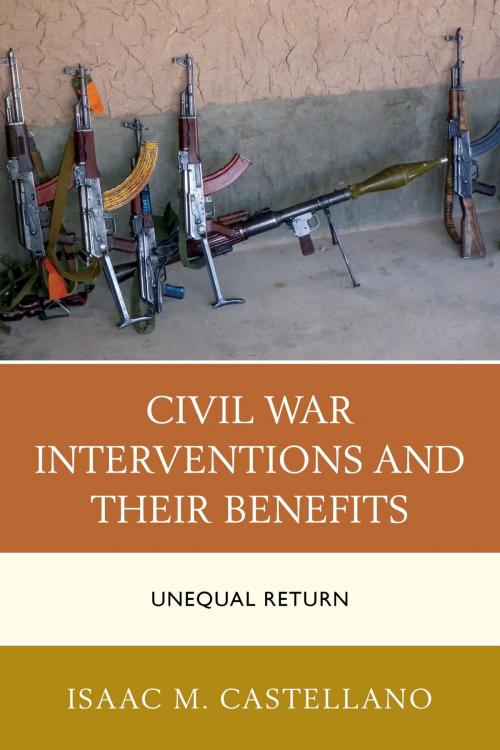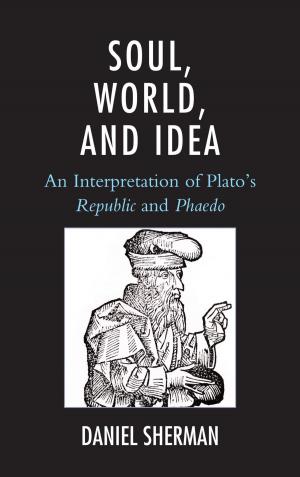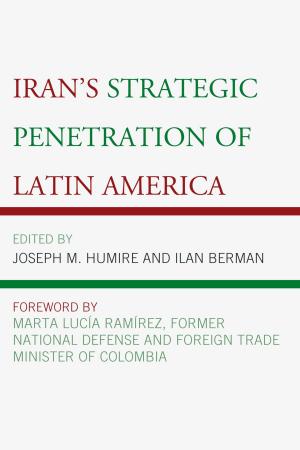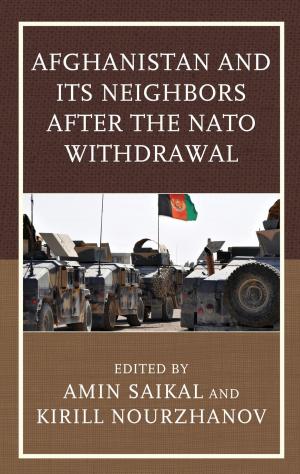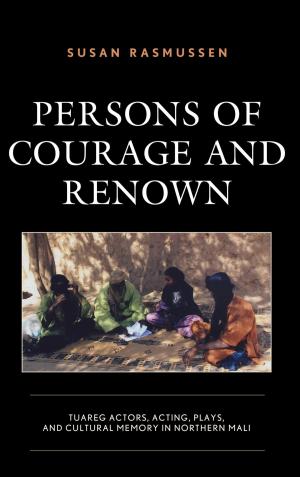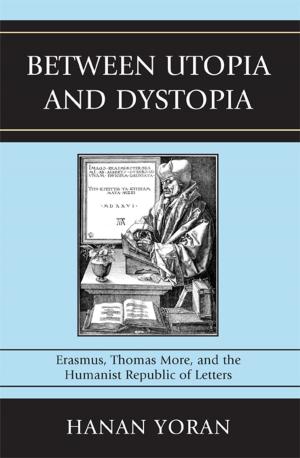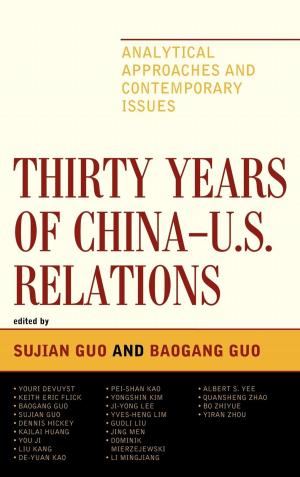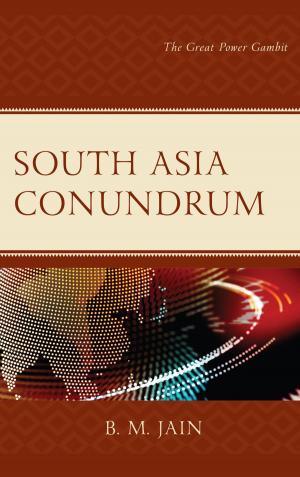Civil War Interventions and Their Benefits
Unequal Return
Nonfiction, Social & Cultural Studies, Political Science, International, International Security, International Relations| Author: | Isaac M. Castellano | ISBN: | 9780739188873 |
| Publisher: | Lexington Books | Publication: | December 18, 2014 |
| Imprint: | Lexington Books | Language: | English |
| Author: | Isaac M. Castellano |
| ISBN: | 9780739188873 |
| Publisher: | Lexington Books |
| Publication: | December 18, 2014 |
| Imprint: | Lexington Books |
| Language: | English |
The 2013 debate over whether the United States should intervene in the Syrian conflict raised important questions regarding the benefits countries receive when they intervene in civil wars, and how those benefits are distributed to the citizens of the intervening country. To address these lingering questions this book offers readers a comprehensive examination of the intervention process, examining the decision to intervene, what motivates states, and how their intervention shapes the conflict process.
Most, importantly, the book examines how states benefit from their interventions and the distribution of intervenor benefits. Specially two questions are addressed: What are the benefits of intervention for intervening countries? And, how are benefits distributed within the intervenors society? Using evidence compiled from three case studies (El Salvador, The Philippines, and Sri Lanka), this book examines what motivated states to intervene, how they intervened, what they got from their intervention, and how the benefits of the intervention were distributed among the public. Arguing that foreign policy and security decision making is isolated from the general public, this book argues that citizens gain little from indirect interventions into civil wars.
The 2013 debate over whether the United States should intervene in the Syrian conflict raised important questions regarding the benefits countries receive when they intervene in civil wars, and how those benefits are distributed to the citizens of the intervening country. To address these lingering questions this book offers readers a comprehensive examination of the intervention process, examining the decision to intervene, what motivates states, and how their intervention shapes the conflict process.
Most, importantly, the book examines how states benefit from their interventions and the distribution of intervenor benefits. Specially two questions are addressed: What are the benefits of intervention for intervening countries? And, how are benefits distributed within the intervenors society? Using evidence compiled from three case studies (El Salvador, The Philippines, and Sri Lanka), this book examines what motivated states to intervene, how they intervened, what they got from their intervention, and how the benefits of the intervention were distributed among the public. Arguing that foreign policy and security decision making is isolated from the general public, this book argues that citizens gain little from indirect interventions into civil wars.
